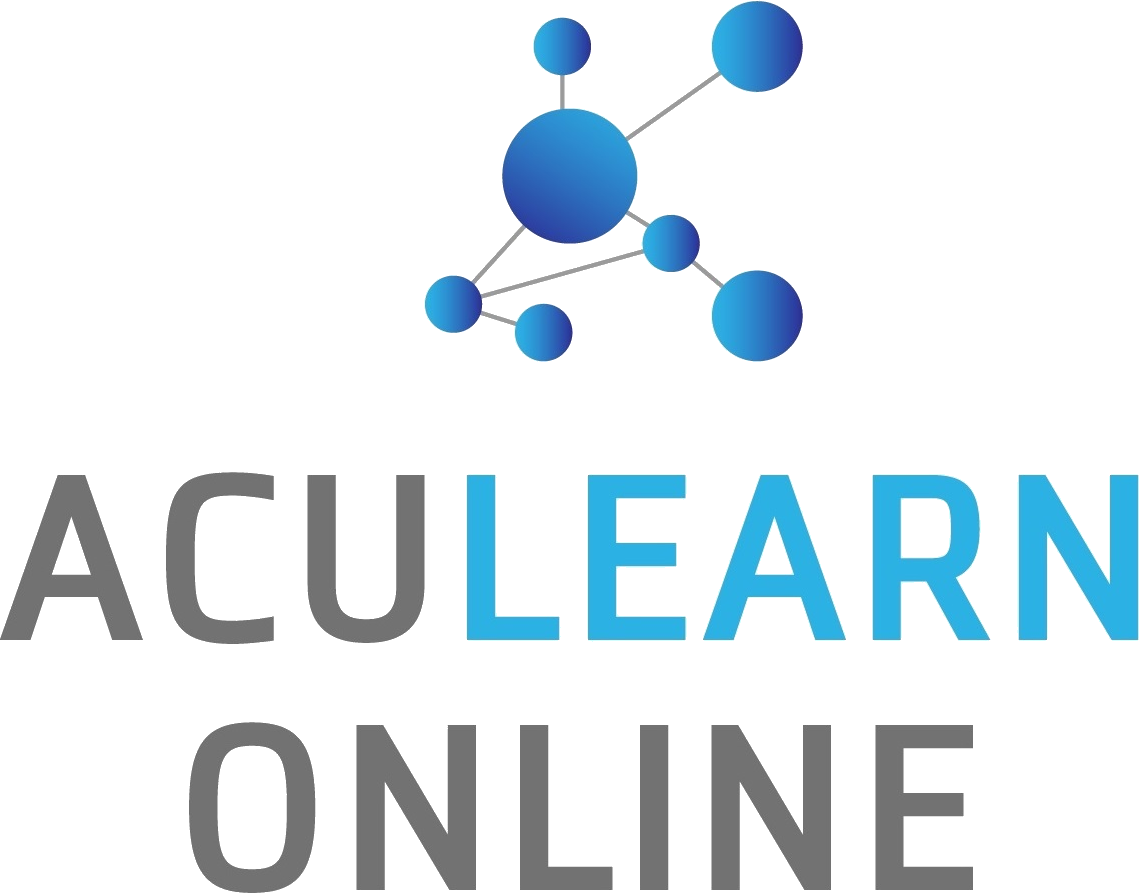Introduction
Learning K2 Math and JC Math is one of the most important things a student can do. It helps to develop a solid foundation for further learning and understanding, but it also encourages creativity, self-discipline and numeracy.
A good foundation in K2 Math is important as it forms the basis for a good foundation in JC Math.
This is because both subjects require students to think logically and apply what they have learnt.
Students should take this seriously as it will set them up well for their future studies, whether they are continuing on to JC or taking another route that requires strong mathematical skills.
Benefits of learning K2 Math and JC Math
In K2, you’re exposed to a more systematic and organised way of learning Math. This is important because it helps children develop the necessary foundations they need to be able to master complex concepts later on in life.
It’s also beneficial because it allows them to build up their confidence in their abilities as well as their self-esteem, which can be important for students who are struggling academically or have low self-esteem issues.
1. Understanding
Have you ever wondered why we learn math? There are so many things that we need to know and understand about life, but learning math is a very important part of our lives. Our society is based on numbers and calculations, and it’s not just about adding up the prices at the grocery store or counting your change after buying something at the store.
Math can help us understand our world better, whether it’s understanding what happens with the weather or figuring out how many days until Christmas. It can also help us make decisions in our lives. For example: if there’s only one slice of pizza left for lunch tomorrow, who should get it? How much money do you want to save for retirement? Which route should we take to work tomorrow? These are examples of how understanding simple algorithms like addition and subtraction can provide answers. It shouldn’t be underestimated how powerful these basic concepts are.
2. Creativity
Many people imagine creativity as a talent that only those with an artistic or musical bent have, but the truth is that everyone can be creative. Creativity is an important skill for all children to develop, and it helps them solve problems in their daily lives. In addition to problem-solving, creativity is also useful for innovation.
In order to encourage your child’s creativity and problem-solving abilities, consider these strategies:
- Encourage your child to play with toys that encourage creative thinking (such as Legos)
- Ask your child questions that encourage him or her to think outside of the box – ask him or her how he/she would solve a problem you’re having at work or school if he/she were given free rein over how it’s solved
- Have him/her help you find solutions to problems in your own life (like when preparing dinner).
3. Self-discipline
Self-discipline is a key factor to success in any area of life, including education. Self-discipline is the ability to control oneself and one’s emotions. It’s also an important life skill that can be developed over time with practice.
Self-discipline is an especially important quality for students who are planning on attending college or university after high school graduation. There will be many temptations during this time period for students to engage in things that may distract them from their studies and prevent them from reaching their goals (for example: watching TV or playing video games). However, by learning how to practice self-discipline now, these students will be able to better prepare themselves for the challenges they will face at college or university later on down the road!
4. Numeracy
Numeracy is the ability to work with numbers and is an important skill in many areas of life. The ability to calculate, interpret and communicate numerical information can also be a source of satisfaction for those who enjoy being able to solve mathematical problems. This skill can be learned and improved upon through practice, making it very accessible for people from all walks of life.
Learning numeracy at K2 Math or JC Math prepares students for the challenges that they may face in their later lives. In addition, numeracy plays a large role in determining their career paths and success in other aspects of their lives such as financial management and planning for retirement.
5. Higher comprehension ability
This is because you are learning how to solve problems, and how to think logically. It’s a skill that will help you in all aspects of life.
Conclusion
Both K2 Math and JC Math are important subjects that significantly benefit the student. So, don’t underestimate the value of learning K2 Math and JC Math.




